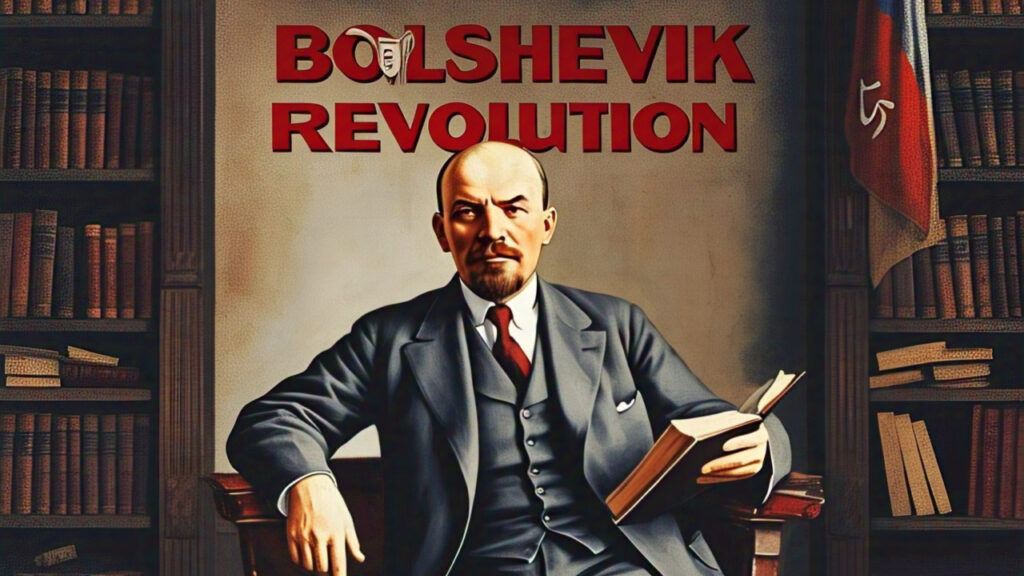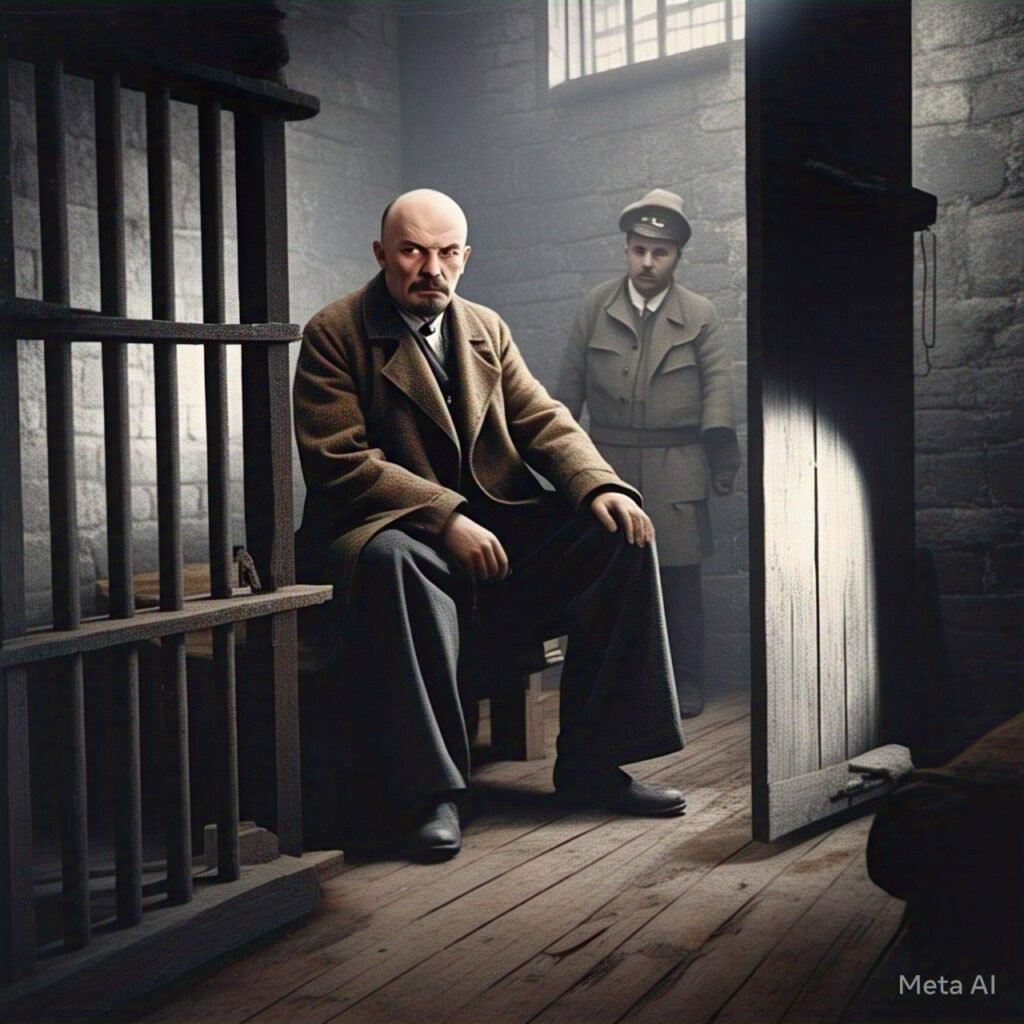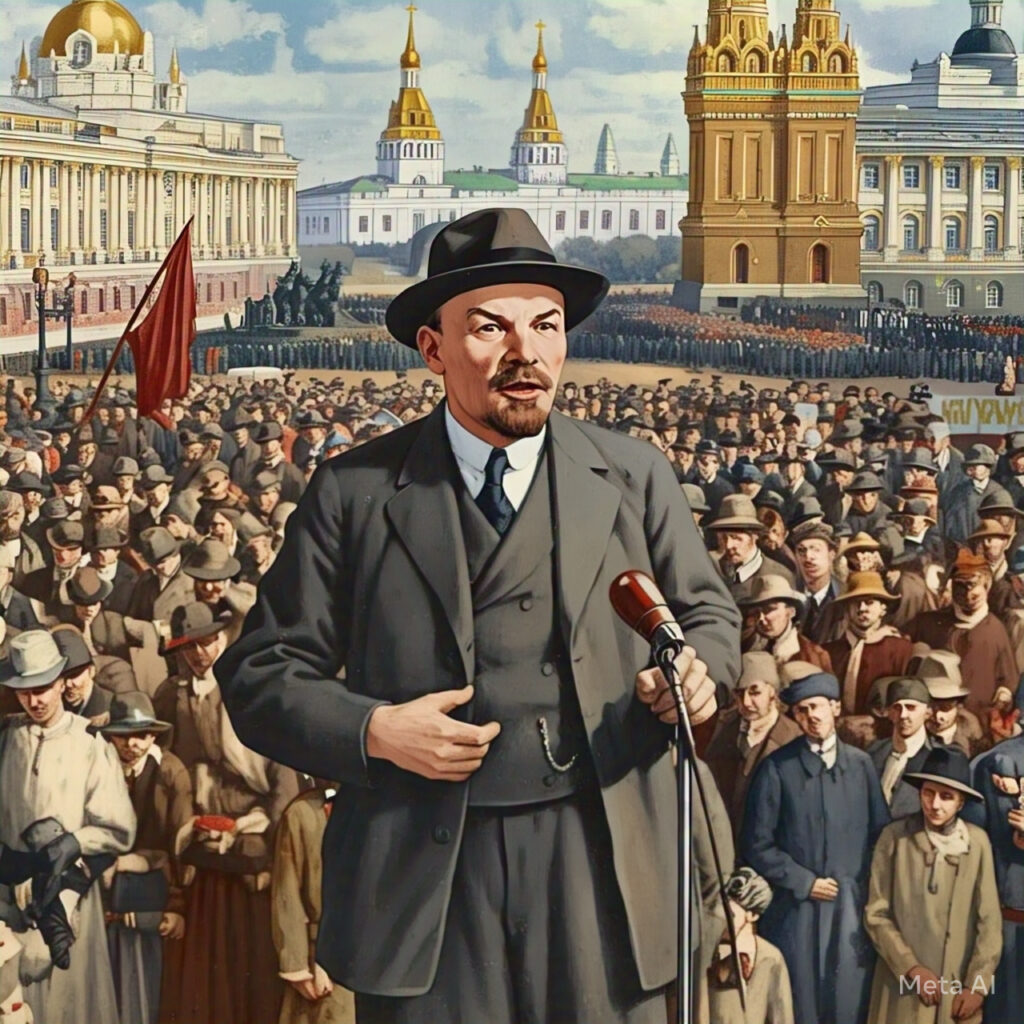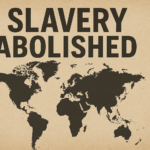Vladimir Ilyich Ulyanov, commonly known as Lenin, was a key figure in Russian revolutionary history, a political strategist, and the founding leader of the Soviet Union. As the head of the Bolshevik Party, he played a significant role in the October Revolution of 1917, which led to the establishment of the first socialist government. His leadership throughout the Russian Civil War and his ideological contributions, collectively known as Leninism, left a profound impact on global politics. This article explores Lenin’s life, his political theories, and his long-lasting legacy.

Vladimir Ilyich’s Early Life and Education
Birth and Family Background
Lenin was born on April 22, 1870, in Simbirsk, Russia (now Ulyanovsk). His father, Ilya Ulyanov, worked as a school inspector, and his mother, Maria Alexandrovna, came from a noble background. He grew up in an environment that encouraged education and intellectual engagement.
Impact of His Brother’s Execution
A pivotal event in Lenin’s youth was the execution of his older brother, Alexander Ulyanov, in 1887 for his involvement in an assassination plot against Tsar Alexander III. This tragedy deeply influenced Lenin, pushing him toward revolutionary activism and political radicalism.

Academic Pursuits and Revolutionary Engagement
Lenin began studying law at Kazan University, but his involvement in political protests led to his expulsion. He later completed his law degree externally at Saint Petersburg University. During this period, he immersed himself in Marxist literature, which significantly shaped his ideological outlook.
Political Ideology and Rise to Leadership
Adoption of Marxist Principles
Lenin was strongly influenced by the writings of Karl Marx and Friedrich Engels, especially The Communist Manifesto. He advocated for a proletarian dictatorship, where the working class would overthrow capitalist systems and establish a socialist society.
Formation of the Bolshevik Faction
In 1898, the Russian Social Democratic Labour Party (RSDLP) was formed. However, by 1903, ideological differences led to a split, creating the Bolsheviks (majority) and Mensheviks (minority). Lenin led the Bolsheviks, promoting the idea of a revolutionary vanguard party to drive the socialist movement forward.

Years in Exile and Political Writings
Due to his revolutionary activities, Lenin lived in exile in Switzerland, Germany, and England. He authored several influential works, such as What Is to Be Done? (1902), which outlined the need for an organized revolutionary party, and The State and Revolution (1917), in which he detailed his vision for a socialist state.
The 1917 Russian Revolution
February Revolution and the Collapse of the Tsarist Regime
In February 1917, mass protests and strikes forced Tsar Nicholas II to abdicate, leading to the establishment of a Provisional Government. However, Lenin viewed this government as ineffective, as it continued Russia’s involvement in World War I and failed to address social inequalities.
April Theses and Revolutionary Call to Action
Upon his return to Russia in April 1917, Lenin delivered his April Theses, demanding “Peace, Land, and Bread.” He called for an immediate end to the war, redistribution of land to peasants, and worker control over industries.
The October Revolution and the Bolshevik Takeover
On October 25, 1917 (Julian calendar), Lenin led the Bolsheviks in seizing power in Petrograd (now Saint Petersburg). The Provisional Government was overthrown, and Soviet Russia was established. Lenin assumed leadership as the head of the Council of People’s Commissars.
Lenin’s Leadership and Policies
Withdrawal from World War I
Lenin prioritized ending Russia’s involvement in World War I. In March 1918, he negotiated and signed the Treaty of Brest-Litovsk with Germany, officially exiting the war at the cost of territorial concessions.
Implementation of War Communism and the Red Terror
During the Russian Civil War (1917-1922), Lenin introduced War Communism, a policy that placed industries and food distribution under state control. To eliminate opposition, the Bolsheviks launched the Red Terror, leading to mass arrests and executions of political enemies.
Introduction of the New Economic Policy (NEP)
After the civil war, Russia’s economy was in dire straits. In 1921, Lenin initiated the New Economic Policy (NEP), which temporarily allowed some private enterprise to revive economic productivity while maintaining state control over key industries.
Establishment of the Soviet Union
In 1922, Lenin played a crucial role in forming the Union of Soviet Socialist Republics (USSR), which unified several Soviet republics under a centralized government.
Declining Health and Death

Health Struggles and Political Power Struggles
Lenin suffered his first stroke in 1922, severely limiting his political activities. Concerned about Joseph Stalin’s growing power, he dictated his Testament, warning against Stalin’s potential authoritarian rule. Despite his concerns, Stalin consolidated power following Lenin’s death.
Death and Commemoration
Lenin passed away on January 21, 1924, at the age of 53. His body was embalmed and placed in Lenin’s Mausoleum in Moscow’s Red Square, where it remains to this day.
Lenin’s Legacy and Global Influence
Impact of Leninism on Global Politics
Lenin’s ideology, known as Leninism, became a cornerstone for global communist movements. His principles influenced figures such as Mao Zedong (China), Ho Chi Minh (Vietnam), and Fidel Castro (Cuba).
Controversies Surrounding Lenin’s Leadership
Although Lenin is celebrated for his efforts to promote workers’ rights and end feudal oppression, he is also criticized for his authoritarian governance, suppression of opposition, and use of violence to maintain power.
Modern Perspectives on Lenin
Lenin remains a polarizing figure in history. Some view him as a visionary who led the proletariat to victory, while others regard him as a dictator whose policies enabled Stalin’s rise to totalitarian rule.
Conclusion
Vladimir Lenin was a revolutionary leader whose influence reshaped the political landscape of the 20th century. As the driving force behind the October Revolution, the founder of the Soviet Union, and the architect of Leninism, his legacy extends far beyond Russia. While his governance and policies continue to be debated, his role in shaping modern socialism and communism is undeniable. Lenin remains a key historical figure whose impact continues to resonate in contemporary political discourse.









